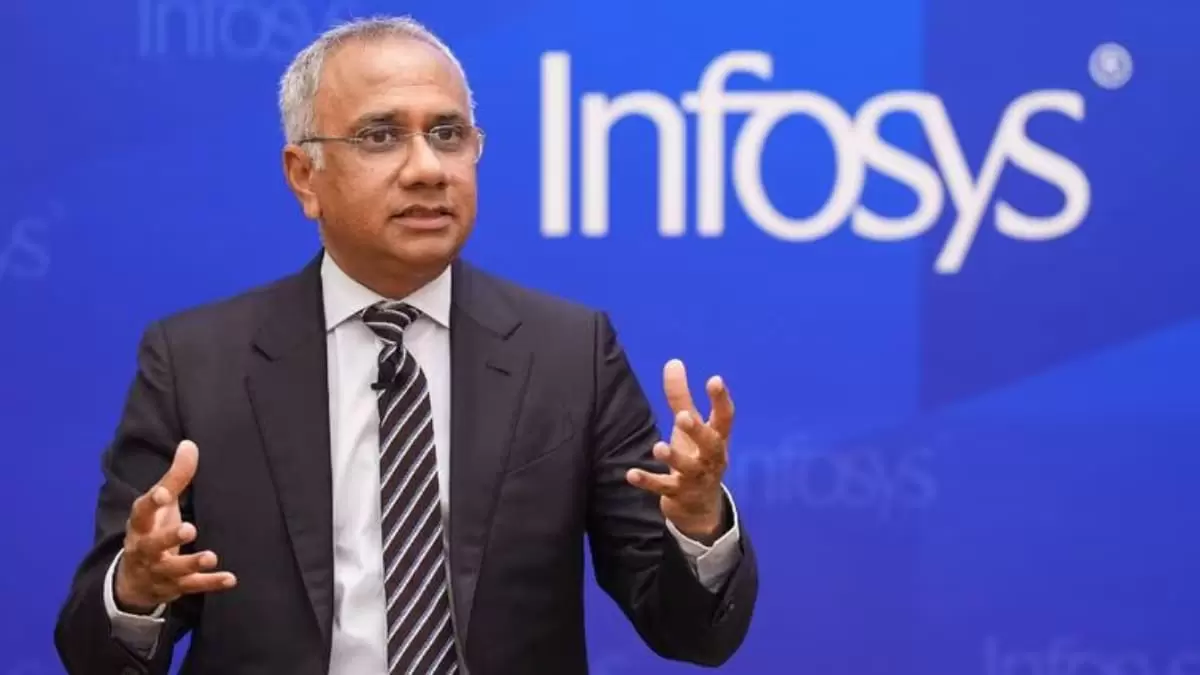New Delhi: Infosys CEO Salil Parekh recently spoke about concerns over small salary hikes and claims of a toxic work culture during the company’s Q3 earnings call on January 16, 2025. His comments came after a viral LinkedIn post by Bhupendra Vishwakarma, a former employee, who shared why he left the company despite being the main breadwinner for his family. In his post, Vishwakarma raised issues like slow career growth, unfair workloads, and limited recognition or opportunities to move ahead.
Parekh responded by saying, “We have a very clear approach to make sure that everyone is treated fairly,” and emphasized Infosys’ structured way of handling employee performance and treatment. His remarks come as work-life balance in the IT sector has become a hot topic, especially after Infosys co-founder Narayana Murthy suggested longer working hours.
Vishwakarma’s post struck a chord with many current and former Infosys employees, who shared similar stories about their experiences. He talked about feeling stuck financially despite getting promotions and described the work environment as toxic, particularly when dealing with clients. His honesty highlights challenges many people face in corporate jobs today.
This debate isn’t limited to Infosys. Leaders in the industry, like L&T Chairman S N Subramanyan, have also suggested that work should take priority, even regretting not being able to enforce work on Sundays. These kinds of statements have raised questions about whether productivity is being valued over employee well-being.
Parekh’s comments show that Infosys is trying to address these concerns, but they also underline the ongoing struggle to improve workplace culture in India’s IT sector. With employee satisfaction and retention becoming more important, companies may need to take these issues seriously to keep their talent happy and motivated.





